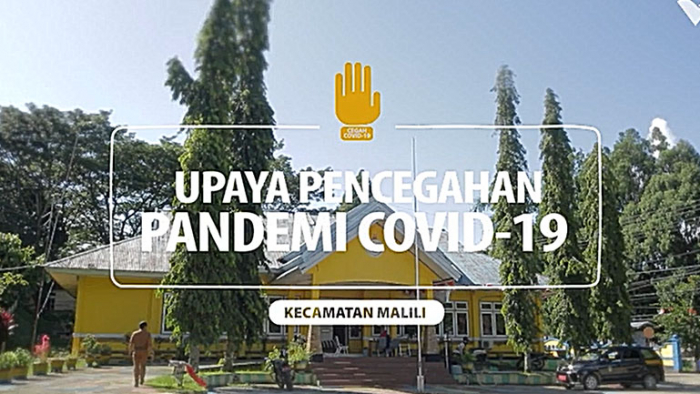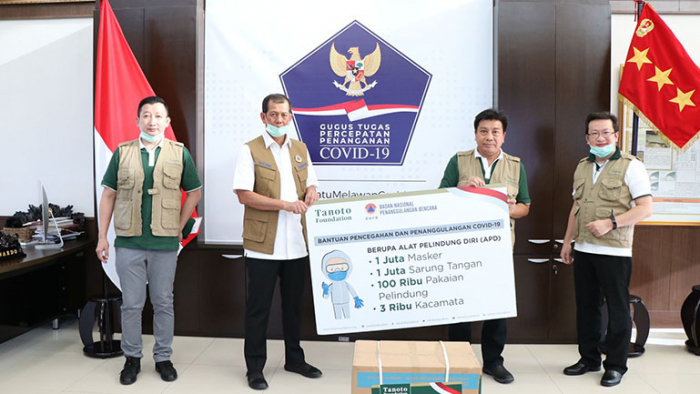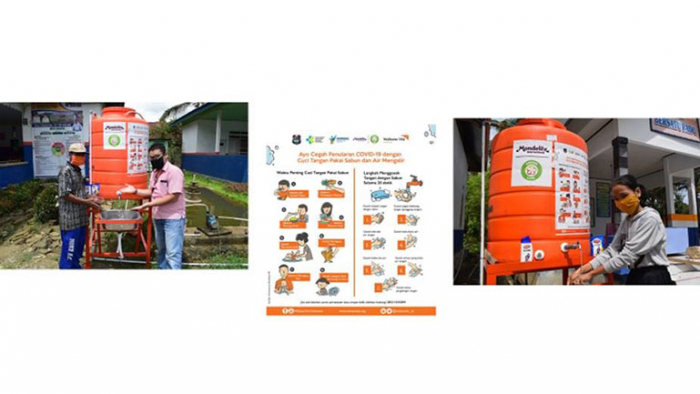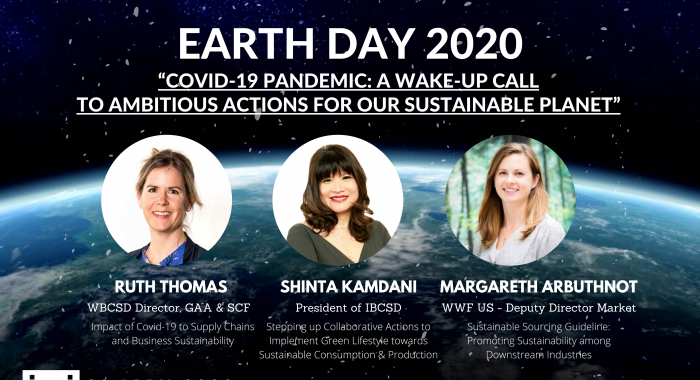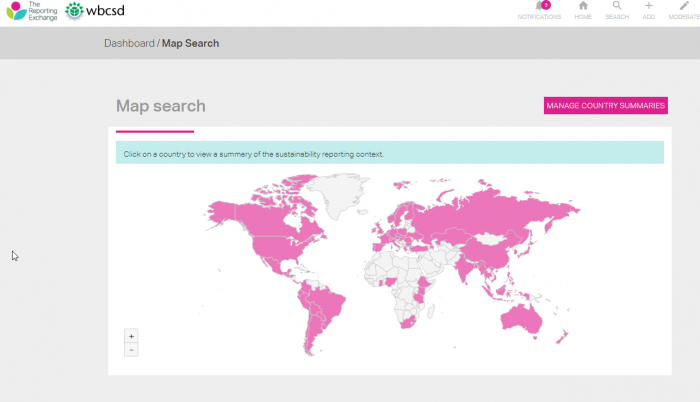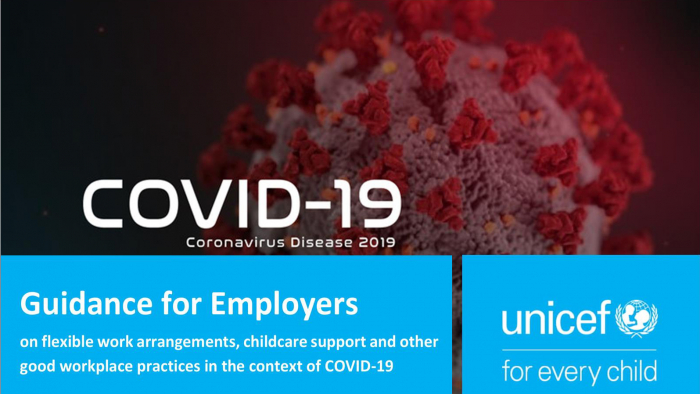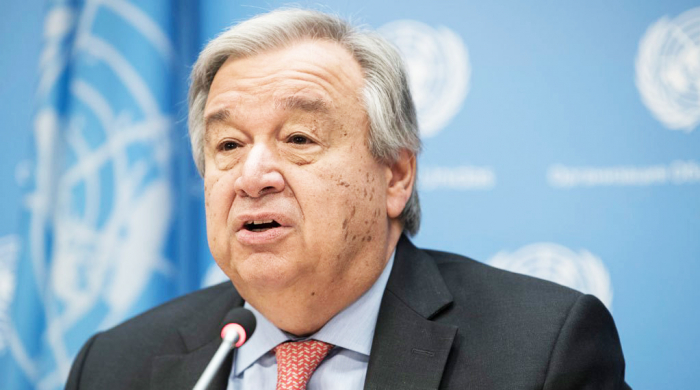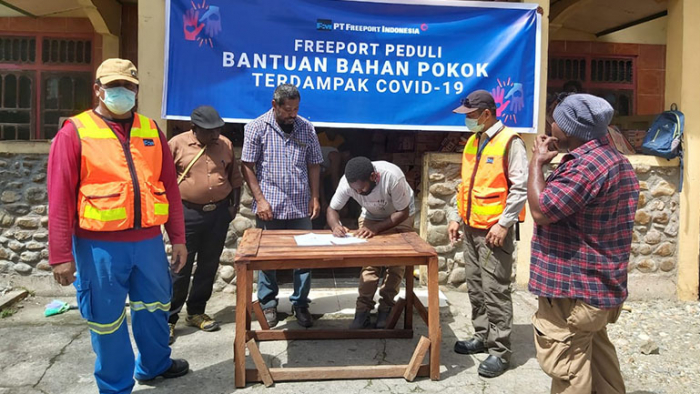
PT Freeport Indonesia: Helping communities coping with the situation created by the pandemic
In addition to providing food for the community, PT Freeport Indonesia through the Amungme and Kamoro Community Empowerment Foundation (YPMAK) has also provided COVID-19 handling assistance to the Mimika Regency Government, Papua Province and the Central Government. PT Freeport Indonesia provided Rp 2 billion in assistance to the Mimika Regional Government as support to prevent the spread of Covid-19 in Mimika. Not only that, YPMAK also provided equipment in the form of 39 disinfectants, 48 spray machines, 100 boxes masks and protective clothing and shoes.
Previously, PT Freeport Indonesia had also been socializing prevention of transmission and spread of COVID-19. The socialization to the Kamoro community carried out since the end of March 2020 was focused on five villages in the Kamora, Ajkwa, Mawati and Minajerwi (DASKAMM) watersheds at the RT / TW unit level. On this occasion, PTFI also distributed sterilizing fluids, masks and soap for washing hands and bathing to the local community
Responding to the development of the global pandemic COVID-19, PT Freeport Indonesia (PTFI) has also moved quickly from the beginning by taking steps to protect the workforce and the community from potential sources of transmission of the virus, by limiting all trips to Timika, and areas the PTFI project, and limit the movement of personnel from the lowlands to the Highlands.
